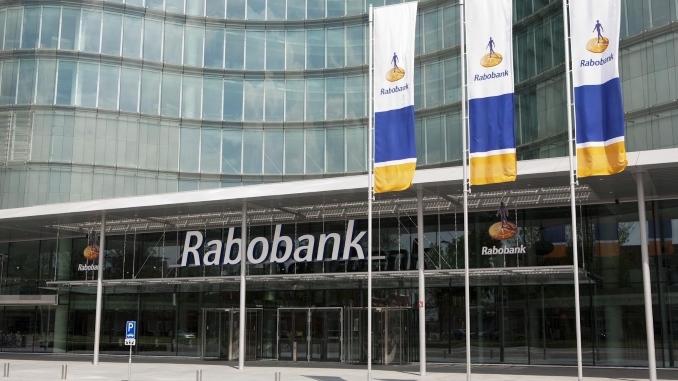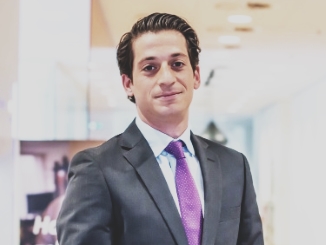
Rabobank has launched a EUR5bn “ESG Leader” commercial paper and certificates of deposit programme that it can only issue off as long as it is ranked in the top 5% of companies by Sustainalytics, and an official at the Dutch issuer told Sustainabonds that the first sale already offered it a cost saving.
While green bonds have taken off in recent years, there has been a lack of similarly sustainable money market instruments, despite evidence of growing investor interest in such assets, according to market participants. However, the use of proceeds concept central to green bonds has been adjudged inappropriate for short term instruments such as commercial paper (CP) and certificates of deposit (CDs) given that their very short maturities would make earmarking and reporting on assets unfeasible.
Rabobank sought to find an alternative way to satisfy the latent investor demand, according to Fadi Yakoub, director, debt capital markets, Rabobank.
“Given that Rabobank is in the top 1% percentile when it comes to ESG, together with our treasury, trading and capital markets department we thought, why not look at the bank as a whole?” he told Sustainabonds. “Investors have already been looking at investments in this way and doing their own research, but this is the first time ever that there is a programme by an issuer where the ESG rating is linked to being able to issue.
“Directly linking an ESG Leader rating to issuance assures investors of Rabobank’s commitment and dedication to remaining a sustainable leader; losing our ESG Leader rating would make issuing under this programme not possible.”
Sustainalytics assigns companies an ESG (environmental, social, governance) score of 0 to 100 and the top 5% are deemed ESG Leaders.
A first, EUR1.2bn sale in euros and sterling was made last Wednesday (8 August), settling on Monday, and Yakoub (pictured) said that it marked the first time Rabobank has seen an indisputable pricing benefit from ESG or green-themed issuance.
 “With green bonds, there’s always a debate because there are a lot of parameters and it’s not that easy to pinpoint any pricing difference,” he said. “In this instrument, it’s more straightforward to see because we have a liquid commercial paper curve, with EUR37bn outstanding in short term paper.
“With green bonds, there’s always a debate because there are a lot of parameters and it’s not that easy to pinpoint any pricing difference,” he said. “In this instrument, it’s more straightforward to see because we have a liquid commercial paper curve, with EUR37bn outstanding in short term paper.
“Rabobank printed the EUR1.2bn at a level 1bp-2bp inside where we would normally print, which is the first time we could show a real benefit for green funding.”
Yakoub attributed this to investors’ interest in such paper, as evinced by “huge” demand.
“Rabobank as an issuer is always looking to diversify its investor base and therefore we hope that we will ultimately reach a new group of investors, dedicated green investors who can invest in this product but could otherwise not invest in our name,” he said.
“This also fits very well into our overall bank strategy, growing a better world together,” he added, “and once again highlights Rabobank’s dedication to being a leader when it comes to sustainability – if we’re not a leader anymore we cannot use the programme.”
Particularly given the pricing advantage achieved, similar programmes could make sense for other companies seeking to highlight their leadership in ESG, according to Yakoub, while increased issuance would in turn help the investor base develop further.



